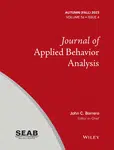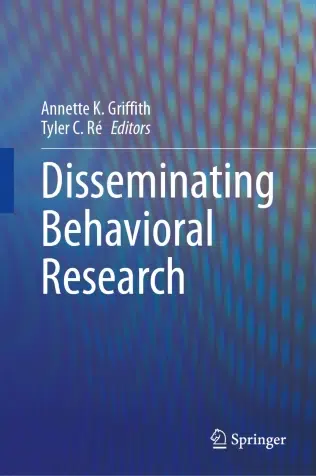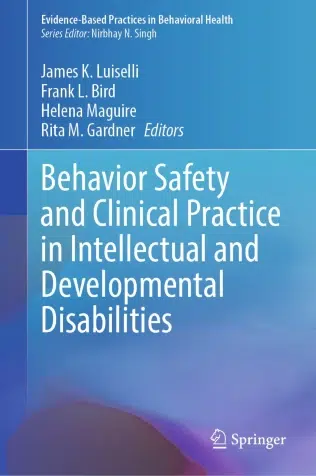The research team at Upstate Caring Partners conducts behavior-analytic research and aims to strengthen the scientist-practitioner repertoire of its clinicians. Our behavior analysts teach in a way that allows them to determine the effectiveness of their procedures. They also engage in evidence-based practice, incorporating the best available evidence, student and stakeholder values, and clinical judgement into their teaching.
The research team seeks to support clinicians in evaluating the effectiveness of their practice and improving their practice by connecting themselves to relevant research. The agency supports and conducts clinically driven research that occurs while addressing a client-centered issue, as well as applied research through larger, preplanned investigations that seek to fill a gap in understanding.
The Centers for Disease Control and Prevention has estimated that 31-50% of those diagnosed with Autism Spectrum Disorder (ASD) also meet the criteria for an intellectual disability (ID), yet only 6% of participants in ASD research have ID (Thurn et al., 2021).
Research limitations stem from sample sizes that fail to ensure representativeness as well as barriers to participation due to the inability to read, write or remain engaged for extended periods. Academic institutions are at a disadvantage as they lack direct support staff to work alongside researchers, the relationships with guardians to navigate the consent process and the environmental accommodations to facilitate coping with behavioral challenges. This results in research with limited applicability to those who have the greatest support needs, which negatively impacts treatment options, regulatory guidelines and reimbursement support for the care provision for these individuals.
Upstate Caring Partners is uniquely qualified to address this challenge, with an established, robust clinical program in support of thousands of people of all ages with intellectual and development disabilities (IDD), with and without ASD, with a particular focus on services for over 100 individuals with severe or profound autism. With an Associate VP of Applied Research and five PhD level clinicians, underpinned by a sizable ratio of clinical-staff-to-service-population, Upstate Caring Partners is equipped to both contribute to, as well as comprehensively apply, best practices in support of individuals with profound intellectual and developmental disabilities.
The current interests of the research department include:
- Least intrusive methods for treating elopement
- Behavioral contrast during skill-based treatment
- Factors that influence the effectiveness of skill-based treatment
- Dental desensitization without escape extinction
- Staff training using the Portable Operant Research and Teaching Lab
- Identifying and validating indices of happiness
- Incorporating reinforcer parameter manipulations into skill-based treatment
- Exploring the relation between contrast and resurgence
Our Research Team
Awab Abdel-Jalil
Awab Abdel-Jalil, MS, BCBA, is a senior behavior analysis researcher at UCP. Awab began his study of behavior analysis as an undergraduate at the University of North Texas and carried his passion for the science into the graduate program. On the graduate level, he completed his Master’s thesis under Dr. Jesús Rosales-Ruiz’s guidance. He is currently a PhD student at Endicott College under Dr. T. V. Joe Layng’s mentorship. Awab’s current research interests center around exposure treatments for medical procedures and staff training.
Awab’s ResearchGate Profile

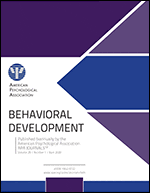
Incorporating noncontingent reinforcement into functional communication training. Boyle, M. A., Augustine, J. J., Garton, E. M., Sharp, D. S., & Mansfield, H. M.
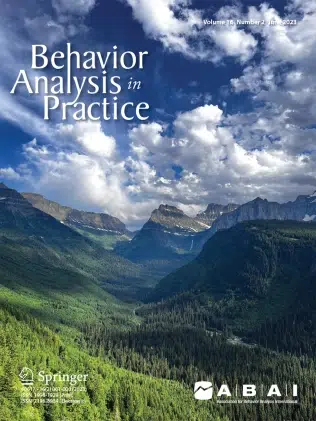
Approaches for Treating Multiply Controlled Problem Behavior Megan A. Boyle, Audrey N. Hoffmann, Jon Horn, Sean Badger & Lauren A. Gaskill
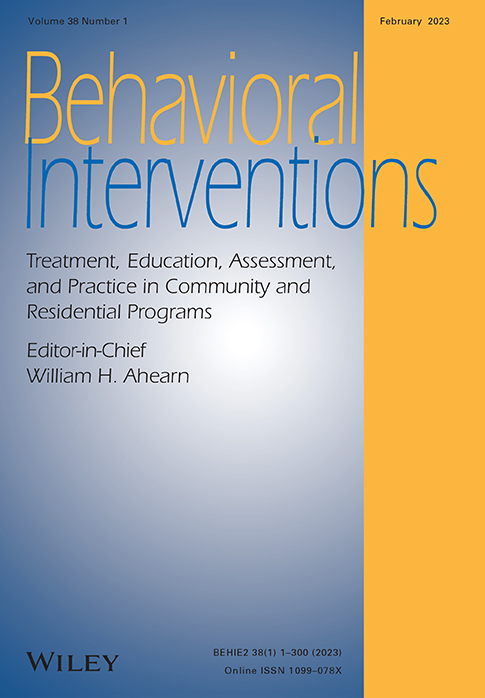
Exposure-based treatments for fear and reactivity to medical procedures: A systematic review of the literature with implications for research and practice Awab Abdel-Jalil, Jillian N. Baldwin, Justin B. Leaf



